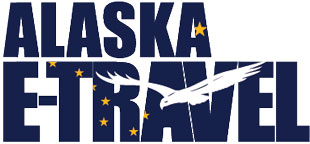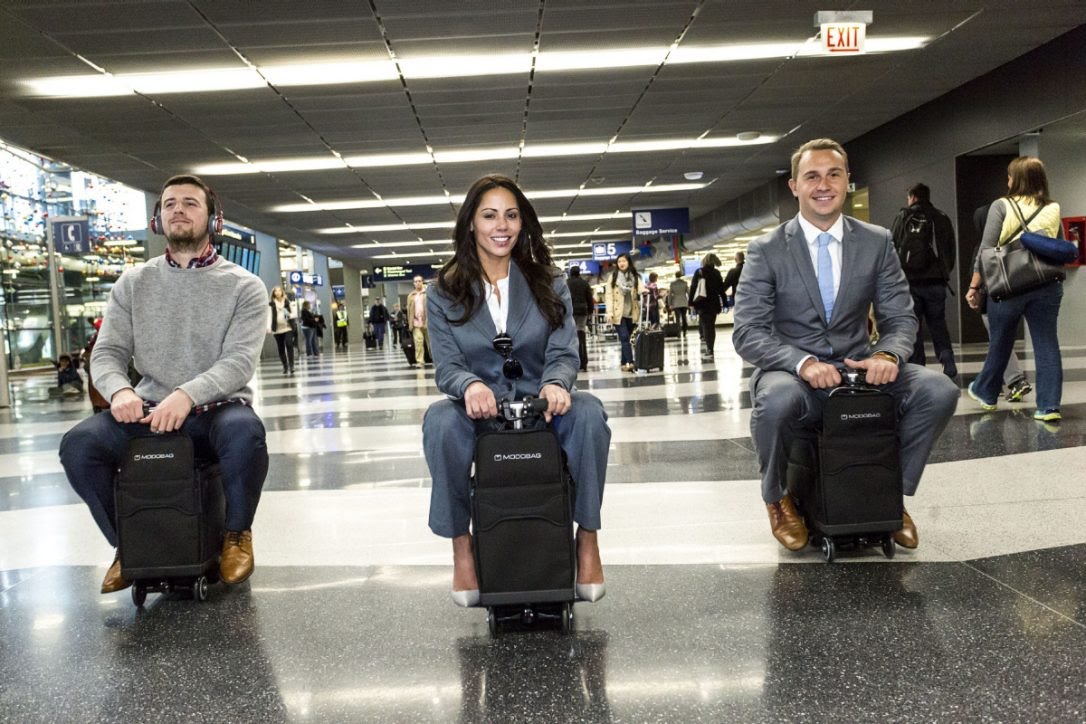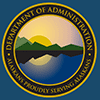
Travel
E-Travel News
March 2018 - Volume 10, Issue 2
In This Issue
TR/TA Form Update
The Travel Authorization Form, maintained by the Department of Administration, Division of Finance, provides utility for users statewide to create a standard process. By including some controls in the data entry, the form will provide consistent data, which will streamline the process for all agencies, including Shared Service reconciliation.
Typically, updates to the form are made annually, but there have been several changes recently and we anticipate another change in the coming month.
The most current version includes color coded tabs for data entry and detailed steps on the HELP tab to assist new users with the navigation through the document.
Any changes going forward will be tested and better communication will be disseminated prior to posting live. Thank you for your constructive feedback and patience.
"Smart Bags"
 The last major innovation in luggage was 45 years ago when travelers were introduced to the four-wheeled suitcase. So it is understandable that recent technology would have us riding or towing a "smart bag" through the airport with our devices charging for the flight.
The last major innovation in luggage was 45 years ago when travelers were introduced to the four-wheeled suitcase. So it is understandable that recent technology would have us riding or towing a "smart bag" through the airport with our devices charging for the flight.
These battery-equipped "smart bags" have been flooding the market for the past few years and have become increasing popular as tech-savvy travelers can enjoy a wide range of functionality, aside from simply storage for personal items.
All "smart bags" are not created equally so owners can enjoy some or all of these high tech benefits, such as location tracking, built in scales, locking systems, and USB charging, depending on the manufacturer. All these smart features make me think traveling just might be getting easier; however, the airlines have concerns with some "smart bags" because of hazards of placing lithium-ion power banks in the cargo hold of an aircraft.
The Federal Aviation Administration has imposed restrictions on Samsung Galaxy Note 7 phones, hoverboards, and spare lithium batteries carried in the cargo, but they have left it up to the air carriers to impose additional restrictions on larger items.
To ease some concern, "smart bags" are still allowed on board most air carriers as long as the batteries are removed. Also, some bag makers are meeting with airlines to request exemptions and others are designing bags with batteries that are easer to remove.
Ultimately, each air carrier will have their own corporate policy specific to their aircraft. Therefore, travelers are recommended to contact the air carrier prior to departure to ensure their specific "smart bag" is acceptable or if their bag will be denied boarding.
Traveler Profiles
E-Travel profiles contain department specific billing and coding, personal traveler data, and travel planner associations. A travel profile is created by the Department Travel Administrator (DTA) at the request of a traveling employee and is automatically deleted as the employee changes departments or leaves state service.
Once a profile is created, the employee or their planner can access E-Travel Online and update the Personal Information and Frequent Traveler Information in the profile, this document may be used as a Quick Reference Guide [PDF].
Some information, such as TSA data, is required to book airline tickets. Once TSA data is entered into the profile it is masked to all other users and employees will not need to share it again.
Alaska Airlines Mileage number should also be entered because Club 49 members receive free luggage, which is a savings passed on to the State.
Other information is a benefit to the employee and includes mileage status, seat preference, frequent guest numbers, and Known Travel Number (KTN).
When this information is entered to the profile before the reservations are made, the information is automatically passed to the applicable vendors.
Personal profile information is not required, but it expedites the booking process and provides secure data storage for personal information.
When an employee changes departments they will need to request a new travel profile even if they have had an E-Travel profile previously.
No personal information is retained with a department change, the old profile is deleted and an entirely new profile is created and must be updated.
It is recommended that the DTA contact the employee once the new profile has been created with instructions to update their traveler profile. This ensures the correct department data, planner associations, TSA data, frequent traveler numbers, emergency contacts, and KTN are entered to the reservation.
Information entered after a trip is booked, will need to be manually entered to the reservation either by CTM or directly with the vendor.
